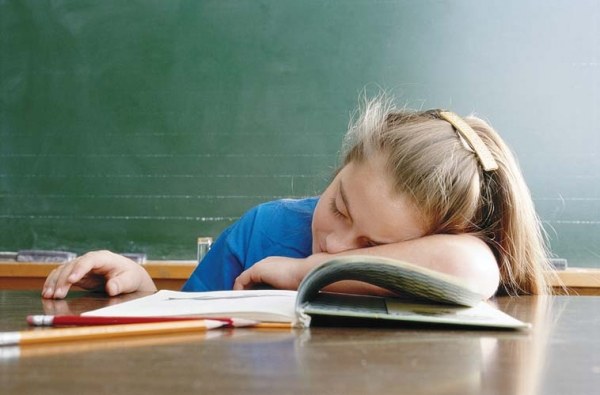After eating want to sleep. Animals, not constrained by the norms of behavior in society, hearty eating, be sure to go to sleep. Drowsiness after a meal common to almost all living beings. The occurrence of this condition is due to two versions.
Quite a long time there was only one explanation an afternoon NAP: stomach, receiving a portion of food, taken her to process, and the blood rushes to the stomach to provide it with energy for the job. The redistribution of blood in the body leads to the fact that the brain receives less amount of blood and so oxygen. This is the cause of the sleepiness.
But not too long ago there was another version. UK scientists (from the University of Manchester) found that after a meal decreases the activity of those brain cells that support the state of wakefulness. Reduces the rate of reaction slows down the process of thinking. And the reason is that the increase in the level of glucose in the blood (glucose enters the body with food) disrupts the transfer of nerve impulses. In particular, no longer to signal the cells that synthesize the hormone vitality – orexin.
On the other hand, if the level of glucose in the blood is low, orexin is produced more than necessary, and a hungry man is hard to fall asleep. To alter the physiology of the organism is nearly impossible, and not necessary. Therefore, scientists recommend not to engage in the intellectual work immediately after eating. In many Asian countries in various institutions introduced an afternoon NAP for employees and equipped beds. And in Spain the tradition of Siesta – afternoon rest – has existed since time immemorial and, as it happens, is physiologically reasonable.


